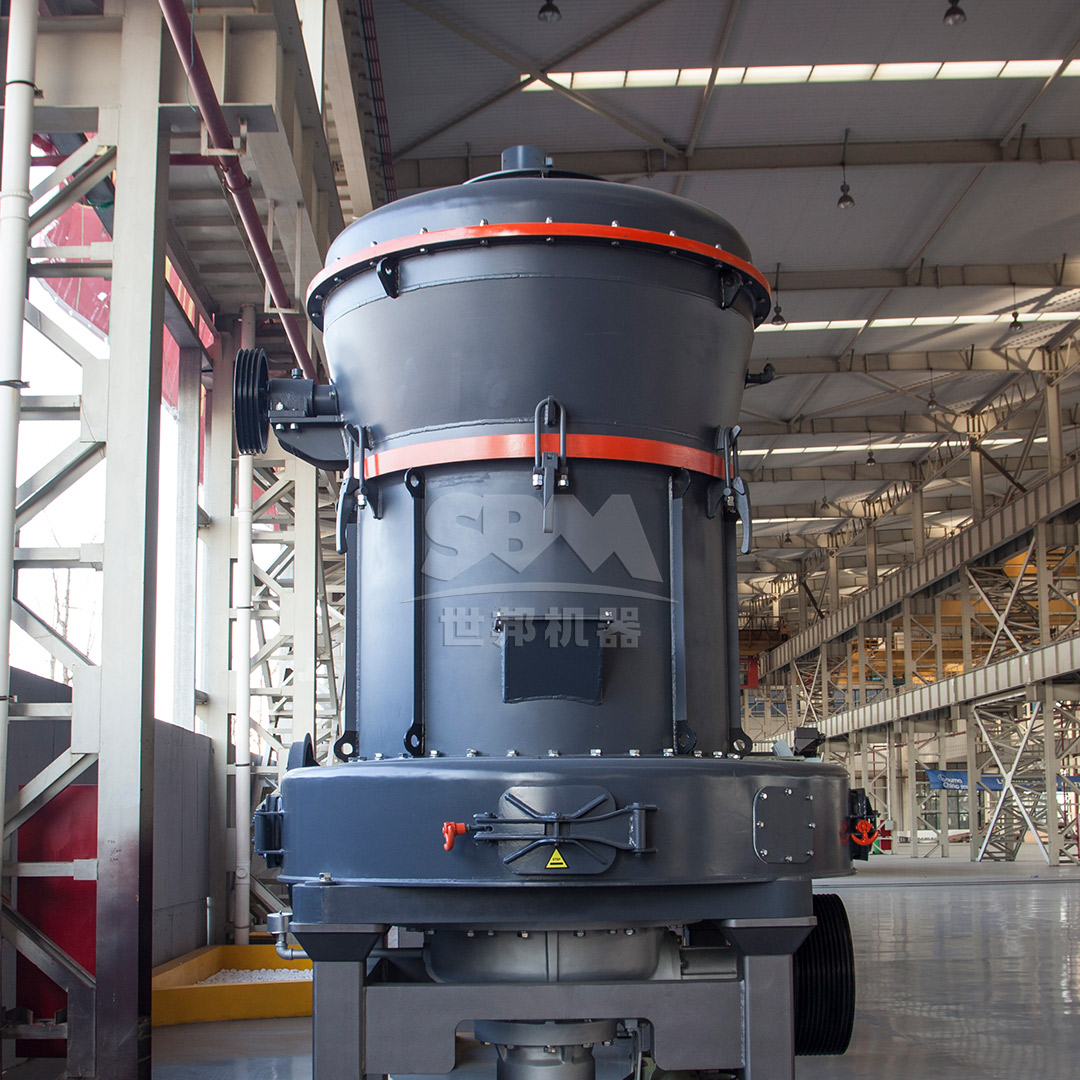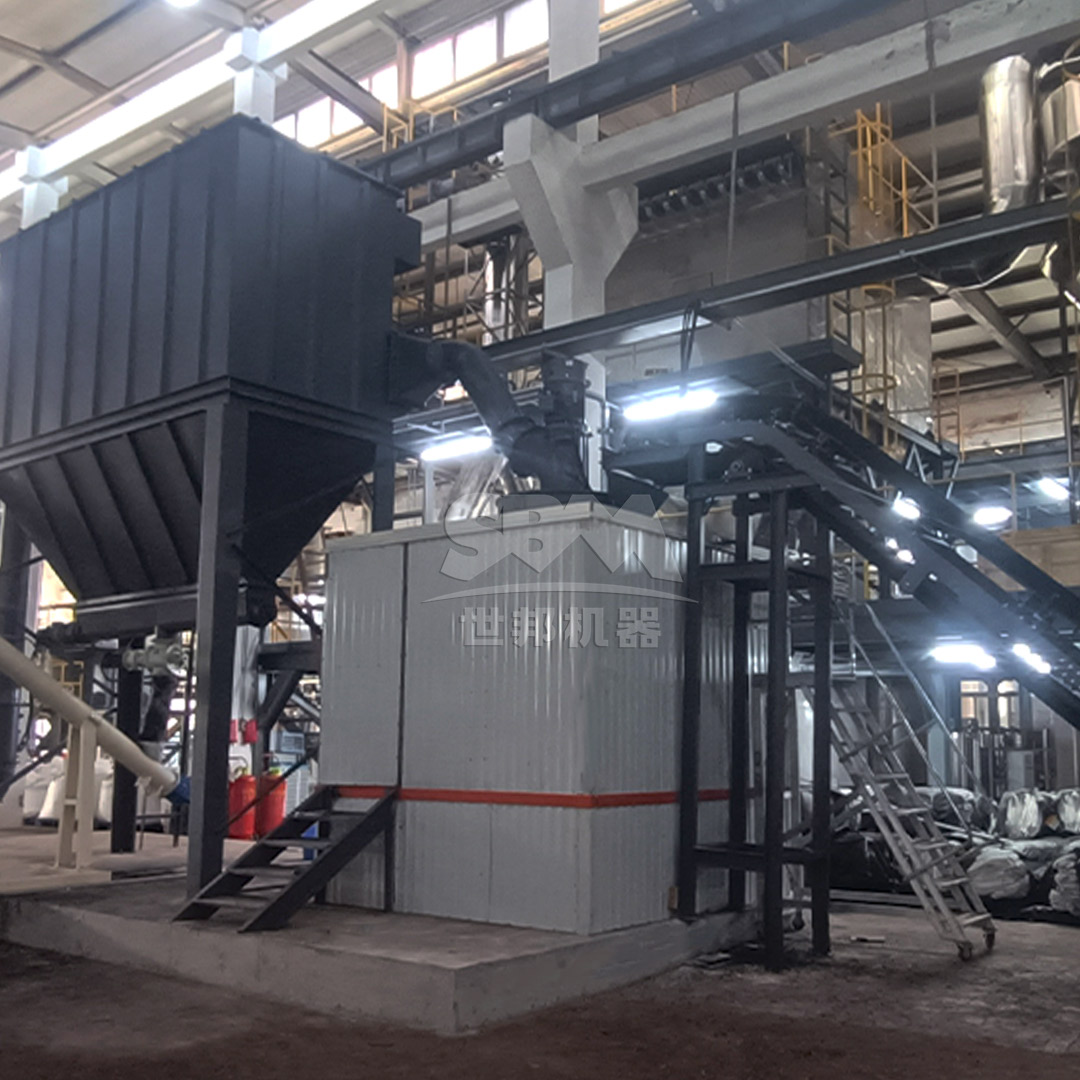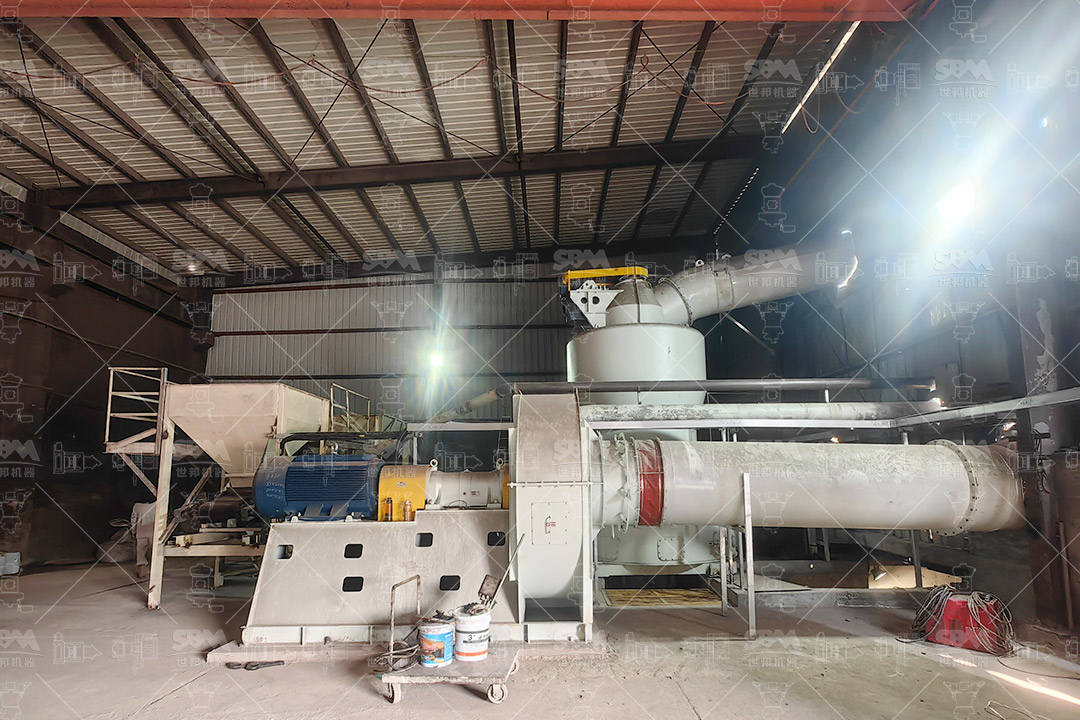Bentonite, a clay mineral primarily composed of montmorillonite, plays a crucial role in various metallurgical processes. Its exceptional properties, including high surface area, cation exchange capacity, and swelling behavior, make it an indispensable material for pelletizing iron ore, binding foundry sands, and acting as a viscosifier in drilling muds. The efficiency of these applications is heavily dependent on the particle size distribution and purity of the bentonite powder, which is directly determined by the grinding technology employed. Selecting the optimal grinding mill is therefore paramount for achieving desired metallurgical outcomes, maximizing productivity, and minimizing operational costs.
The grinding process for bentonite must achieve a fine, consistent powder without compromising its natural crystal structure and chemical properties. Over-grinding can lead to excessive heat generation, potentially altering the clay’s properties, while under-grinding results in coarse particles that fail to deliver the required binding or swelling performance. This guide explores the critical considerations for bentonite grinding and highlights advanced mill technologies designed to meet these specific challenges.
Choosing the right equipment for grinding bentonite involves a careful analysis of several technical and economic factors. The ideal mill must deliver the target fineness reliably while ensuring operational efficiency and longevity.
Different metallurgical applications demand specific fineness levels. Iron ore pelletizing typically requires bentonite ground to 200 mesh (74 μm) or finer, while some foundry applications might allow for slightly coarser grades. The PSD curve is equally important; a narrow distribution ensures consistent performance. Mills with integrated, high-efficiency classifiers are essential for achieving precise cuts.
The mill must be sized to match the production volume of the plant. Throughput (tons per hour) must be balanced against the desired fineness, as grinding finer usually reduces capacity. It is crucial to select a mill that can handle the required feed rate while achieving the product specifications.
Grinding is an energy-intensive process. Mills with higher grinding efficiency directly translate to lower electricity costs per ton of product. Factors like mechanical design, grinding principle, and system integration significantly impact overall energy draw.
Bentonite’s abrasiveness necessitates the use of wear-resistant materials in the grinding zone. Mills designed with easily replaceable wear parts (e.g., rollers, rings, liners) and simple maintenance procedures reduce downtime and long-term operating expenses.
The complete grinding system includes feeding, grinding, classifying, and collecting components. A compact, well-integrated system saves valuable floor space and simplifies material handling and process control.
Modern operations must adhere to strict environmental regulations. A closed-loop system with effective pulse-jet baghouse dust collectors is mandatory to contain dust. Furthermore, noise suppression features contribute to a safer and more compliant working environment.
| Selection Criteria | Key Question | Impact on Bentonite Processing |
|---|---|---|
| Fineness Range | What D97 or mesh size is required? | Determines binding efficiency, viscosity, and swelling volume. |
| Moisture Handling | What is the feed moisture content? | Influences mill choice; some mills handle slight moisture better than others. |
| System Layout | Is a standalone or integrated system needed? | Affects capital cost (CAPEX) and operational complexity. |
| Automation Level | Is remote monitoring and control required? | Impresents operational expenditure (OPEX) and consistency of product quality. |

Based on the typical requirements for bentonite processing—namely, fine to ultra-fine grinding with precise classification and moderate to high capacity—certain mill technologies stand out.
For operations requiring the finest bentonite powders (325-2500 mesh), the SCM Series Ultrafine Mill is an exemplary solution. This mill is engineered to achieve D97 fineness as fine as 5μm (2500 mesh), making it ideal for advanced applications where maximum surface area and reactivity are critical.
The core of its efficiency lies in its innovative design. A vertical turbine classification system ensures sharp particle size cuts and eliminates coarse grit, guaranteeing a uniform product. Its grinding assembly features reinforced rollers and rings made from special wear-resistant alloys, dramatically extending service life even when processing abrasive bentonite feeds.
From an operational standpoint, the SCM mill is highly efficient, consuming up to 30% less energy than traditional气流 mills while offering twice the capacity. Its intelligent automatic control system constantly monitors and adjusts operational parameters to maintain target fineness without manual intervention. Furthermore, the fully sealed system, coupled with an advanced pulse除尘器, ensures dust emissions are well below international standards, and soundproofing keeps noise levels below 75dB(A).
| Model | Grinding Capacity (t/h) | Main Motor Power (kW) | Finished Fineness (mesh) |
|---|---|---|---|
| SCM800 | 0.5 – 4.5 | 75 | 325 – 2500 |
| SCM900 | 0.8 – 6.5 | 90 | |
| SCM1000 | 1.0 – 8.5 | 132 | |
| SCM1250 | 2.5 – 14 | 185 | |
| SCM1680 | 5.0 – 25 | 315 |

For large-scale production of bentonite powder in the fine to medium-fine range (30-325 mesh), the MTW Series European Trapezium Mill represents a robust and reliable choice. Designed for higher capacity operations (3-45 TPH depending on model), this mill excels in delivering high yields with excellent energy efficiency.
Its technological advantages are tailored for heavy-duty performance. The wear-resistant shovel blades feature a curved design and modular construction, reducing maintenance time and cost. The bevel gear integral transmission system provides a remarkable 98% transmission efficiency, enhancing overall energy savings and reliability. The optimized arc air channel minimizes air resistance and energy loss during material conveying.
The MTW mill is designed with longevity in mind. Its sturdy construction and use of durable materials in high-wear areas make it perfectly suited for the continuous grinding of abrasive materials like bentonite. It offers a perfect balance of high capacity, controlled fineness, and low operating costs, making it a cornerstone technology for major bentonite processing plants.
Optimizing bentonite grinding is a strategic decision that impacts product quality, process efficiency, and the bottom line. While several milling options exist, selecting a mill specifically engineered for the material’s properties is crucial. The SCM Ultrafine Mill is the superior choice for producers targeting the ultra-fine powder market where premium performance commands a higher price. Conversely, the MTW European Trapezium Mill is the workhorse solution for high-volume production of quality bentonite powder for mainstream metallurgical applications like iron ore pelletizing.
Investing in advanced grinding technology from a reputable manufacturer ensures not only that current specifications are met but also provides the reliability and efficiency needed to remain competitive in the long term. By carefully considering the factors outlined in this guide and choosing equipment like the SCM or MTW series, metallurgical operations can significantly enhance their bentonite processing capabilities.
